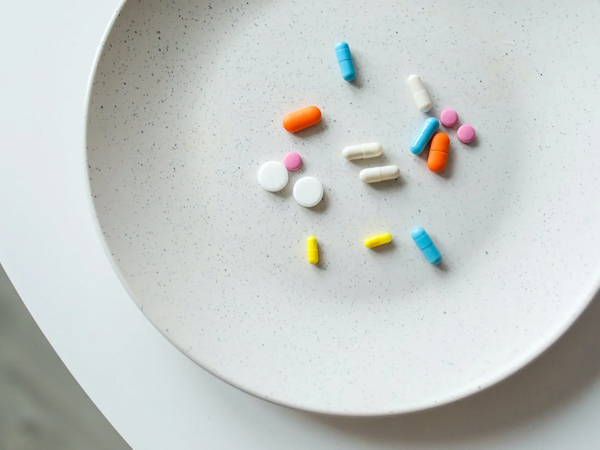
Ifti Khan, Superintendent Pharmacist at Well Pharmacy, who will be observing Ramadan himself, said: “Confusion can sometimes arise when it comes to medication and managing health conditions whilst fasting…reports Asian Lite News
With Ramadan starting this week, a leading independent pharmacy chain has issued some myth-busting advice on managing your health and the use of medication while fasting, including prescribed medicines, injections and eye drops, to name a few.
While Ramadan month is a total fast in terms of oral consumption, it’s still ok to have vaccinations and blood tests during that period, say Well Pharmacy, and to use eye drops or use other medical items that are not ingested through the mouth.
It’s also important for people to keep taking their prescribed medication over the Ramadan period – and Well Pharmacy are stressing that anyone who is concerned should speak to their pharmacist about whether they can take their medicine at different times, as stopping it could have serious consequences.
Ramadan involves complete abstinence from both food and drink between dawn and sunset, including water. As one of the five pillars, or duties, of Islam, fasting during the month of Ramadan is mandatory for all healthy adult Muslims. Its purpose is to remind Muslims of the less fortunate whilst reinforcing the need to be thankful.

Ifti Khan, Superintendent Pharmacist at Well Pharmacy, who will be observing Ramadan himself, said: “Confusion can sometimes arise when it comes to medication and managing health conditions whilst fasting.
“If you are worried, please pop in and speak to your local pharmacist as they may be able to allay your fears – it is important to keep managing your health during Ramadan.
“Having injections or vaccinations is fine, as are blood tests, using eye or ear drops, and using anything that you don’t consume orally – so nicotine and other transdermal patches, pessaries and dialysis, for example. It’s also ok if you eat and drink as a result of a condition which causes forgetfulness.
“You should also keep taking prescribed medications during Ramadan as not doing so could have serious consequences, but we’d recommend speaking to your pharmacist who is best placed to advise if the times that you take them can be changed or the doses adjusted.
“You should also continue to attend any medical appointments you have booked assuming you feel well enough. If you become unwell while fasting, you can break your fast if you want to on the account of avoiding harm – again, if this happens you should speak to your pharmacist or GP. People fasting can sometimes feel bloated or constipated, especially in the first few days. There are over-the-counter medicines available to help with this, and our pharmacy teams can help with a recommendation.

“People who are exempt from fasting during Ramadan are able to make an obligatory donation to provide meals for people who need help, and it’s important not to risk your health.
“To stay as healthy as possible during Ramadan, try to eat healthy meals when breaking your fast, and make sure that you stay hydrated. Take some light exercise if you can – and if you smoke, why not harness some of your self-control into quitting for good. Again, speak to your pharmacist if you need advice.”
ALSO READ-Ramadan special: Home makeover tips


